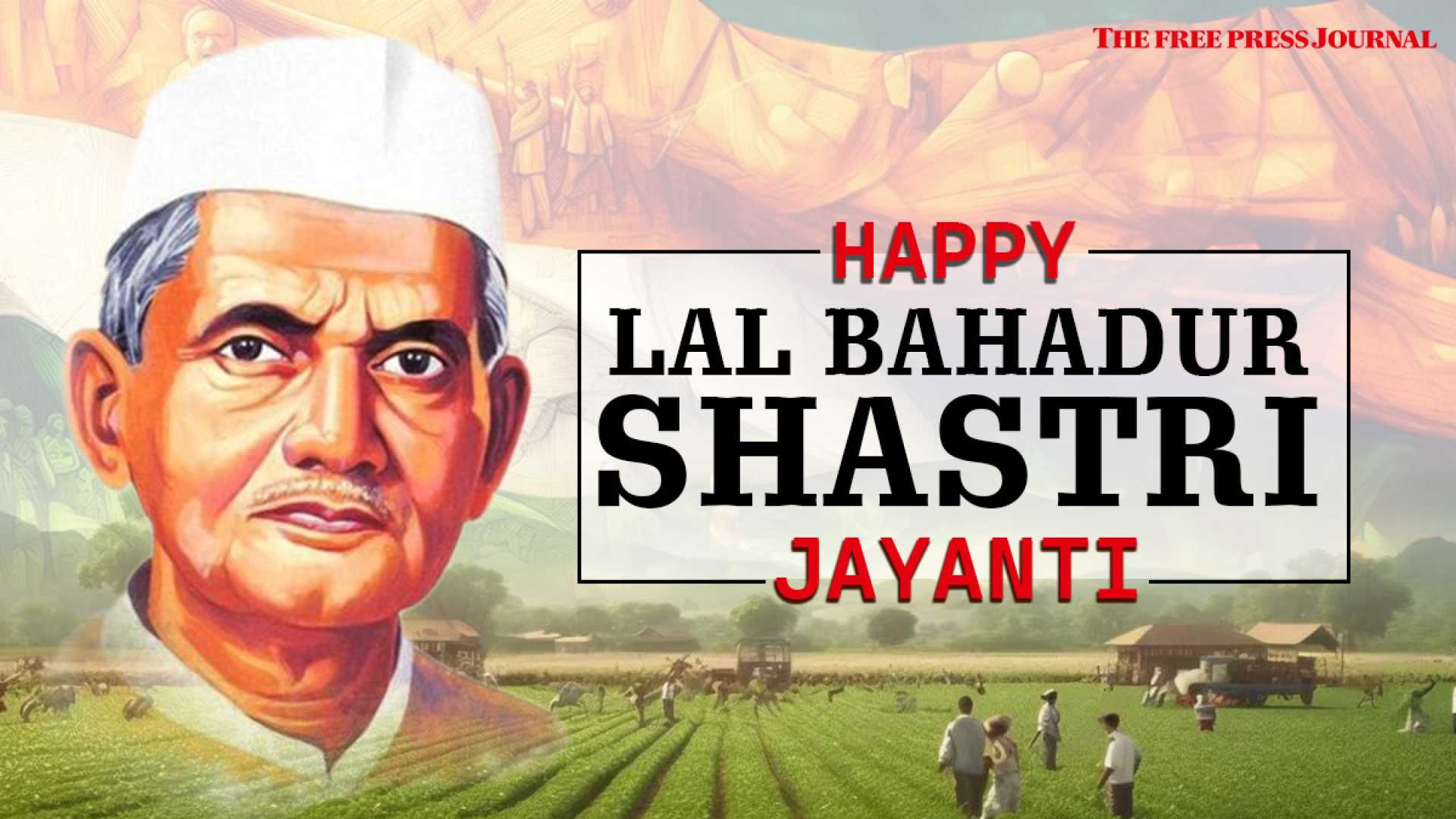Politics
Remembering Lal Bahadur Shastri: India’s Humble Prime Minister

Lal Bahadur Shastri, India’s second Prime Minister, was a figure known for his simplicity, integrity, and profound thoughts. Both Shastri and Mahatma Gandhi were born on October 2, making it a day of dual national significance. The nation commemorates his enduring contributions on this day, reflecting on his life and work.
Shastri’s death in Tashkent, Russia, during peace talks following the 1965 India-Pakistan war, remains shrouded in mystery, with unanswered questions lingering to this day. Despite this tragic end, his legacy continues to inspire and educate.
Born in 1904, Shastri earned the title “Shastri” in 1925 from Kashi Vidyapith University in recognition of his academic excellence. His early life was marked by determination; as a child, he frequently swam across the Ganges River with his school bag on his head to attend classes.
Shastri was pivotal in India’s agricultural change. He was instrumental in promoting the ‘White Revolution’, a national campaign to increase milk production. His support for the Amul cooperative in Anand, Gujarat, and the formation of the National Dairy Development Board in 1965 were significant steps towards this goal.
As the Minister of Police and Transport in Uttar Pradesh, Shastri pioneered the use of water jets over lathi-charges for crowd control and initiated the hiring of female conductors in transportation.
Financially, Shastri led a modest life. He took a loan of Rs. 5,000 from Punjab National Bank for a car, which was paid off by his wife, Lalita, using her pension after his unexpected demise.
Lal Bahadur Shastri was awarded the Bharat Ratna posthumously, India’s highest civilian award. His leadership during the 1965 war with Pakistan was notable; facing severe drought, he urged compatriots to skip a meal and coined the slogan “Jai Jawan Jai Kisan,” emphasizing the importance of soldiers and farmers.
His sense of fairness extended into his personal life, evident when he reversed the undue promotion of his son, maintaining impartiality as a core value.
During his tenure as Home Minister, Shastri established the first committee to combat corruption. He also advocated for the ‘Green Revolution’, aiming to boost food production and meet rising demands.












